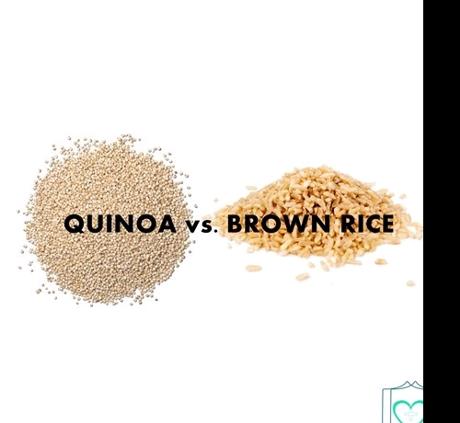Usefully ->

Non-invasive brain stimulation is found to decrease calorie consumption and supports weight loss in obese adults, according to a newly announced study by the National Institutes of Health. These findings suggest that it is a possible intervention for treating obesity, but not excluding a healthy eating schedule and suitable exercise. The results of the study were presented at the 2015 meeting of the Obesity Society.
This study, led by scientists at the Phoenix Epidemiology and Clinical Research Branch, part of National Institute of Health’s Institute of Diabetes and Digestive and Kidney Diseases, shows promising results. The NIH team studied a total of nine persons (both men and women) suffering with obesity. They were residents in the Branch’s metabolic ward on two separate visits, each visit took eight days.
On each visit, the participants were put on a weight-maintaining diet for a course of five days. Following that, for three days they received (unknowingly) either active or sham (fake, placebo-like) transcranial direct current stimulation (also known as tDCS). Participants then were free to eat and drank as much as they desire from computerized vending machines.
The active tDCS, applied to the patients’ scalp targeted the behavior and reward brain region.Four people who got the sham stimulation on both visits consumed the exact same number of calories from the computerized vending machines on each of two visits and did not lose any weight. On the other hand, the five people who got inactive stimulation during the first visit, and also active tDCS at the brain target on the second visit, consumed an average of 700 calories less.
The second group lost an average of 0.8 pounds, weighed on the second visit.As a follow-up, the researchers will compare a test group getting active tDCS only with a other separate group, who is getting only fake (sham) stimulation. Researchers say more study is needed to actually confirm both the safety and effectiveness of tDCS used for weight loss.
Source: www.nih.gov.
Posted by : mediKa.bg
Opinions, comments and assessment for Brain stimulation and weight loss
